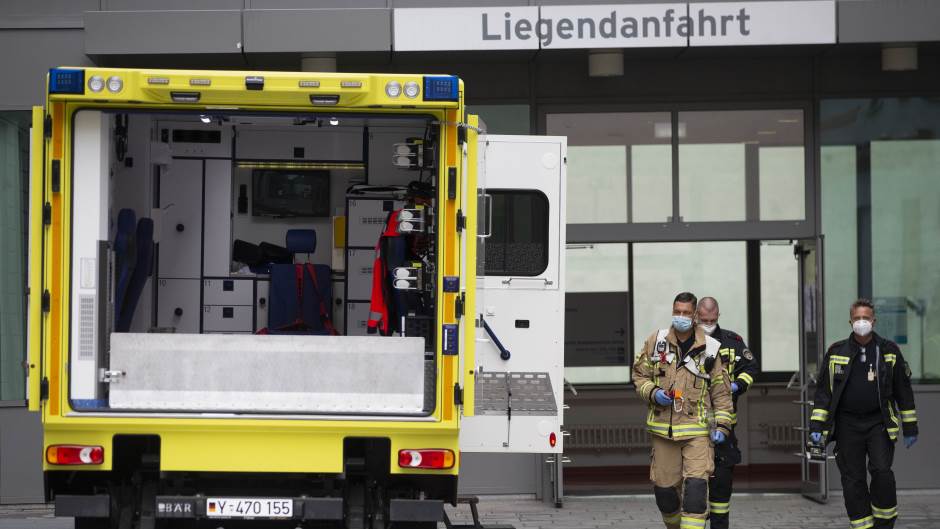
Russian opposition leader, Alexey Navalny -- who is gravely ill after a suspected poisoning -- has arrived at a hospital in Berlin following a medical evacuation flight from the Siberian city of Omsk, according to a CNN team on the ground.
The Kremlin critic was flown out of Russia on Saturday morning to receive treatment in the German capital. Jaka Bizilj, chairman for Cinema for Peace Foundation, which organized the medical evacuation, told CNN that Navalny is in a "stable condition."
The hospital, Charite Berlin, confirmed on Saturday it had admitted the 44-year-old for medical treatment, adding in a statement posted to Twitter that an "extensive medical diagnosis" is being carried out.
Navalny, a critic of Russian President Vladimir Putin, is in a coma after becoming sick from suspected poisoning on a flight to Moscow from the Siberian city of Tomsk, his spokesperson Kira Yarmysh said Thursday. The plane later made an urgent landing in Omsk, she added.
In a tweet marking Navalny'sdeparture, Yarmysh wrote: "The plane with Alexey flew to Berlin. Many thanks to everyone for their support. The struggle for Alexey's life and health just begins, and there is still a lot to go through, but now at least the first step has been taken."
In an earlier tweet, Yarmysh posted a photo showing Navalny's stretcher being put onto the air ambulance. "Alexey is taken to the medical aircraft. Yulia is with him," she wrote. Yulia is Navalny's wife.
On Friday, Russian doctors treating the anti-corruption blogger gave his team permission to move him.
"We do not object to his transfer to another hospital," Anatoly Kalinichenko, deputy chief physician at the hospital where Navalny is being treated, told reporters, according to TASS.
The Siberian hospital treating Navalny has rejected claims the Russian opposition leader had been poisoned on Friday -- even as his wife said the doctors there could not be trusted.
RIA Novosti quoted the deputy head doctor as saying: "We have requests from relatives to transport [him]. They take this risk upon themselves, we do not mind."
On Friday, Kalinichenko, the deputy head physician, said no poisons were found in Navalny's blood or urine.
"We don't believe that the patient suffered poisoning," Kalinichenko told local journalists in a news conference.
"Poisons or traces of their presence in the body have not been identified. Probably, the diagnosis of 'poisoning' remains somewhere in the back of our minds. But we do not believe that the patient suffered poisoning," he added.
Navalny's team claims transport police in Omsk have detected a "deadly substance" that poses a threat to his life and the lives of those around him, and say this is the reason why the hospital initially did not allow him to be moved.
TASS also reported Friday that an "industrial chemical" identified in samples taken from Navalny was a non-toxic substance commonly found in plastic products, citing the regional branch of the Ministry of Internal Affairs.
Kakvo je tvoje mišljenje o ovome?
Učestvuj u diskusiji ili pročitaj komentare





 Srbija
Srbija
 Hrvatska
Hrvatska
 Slovenija
Slovenija







